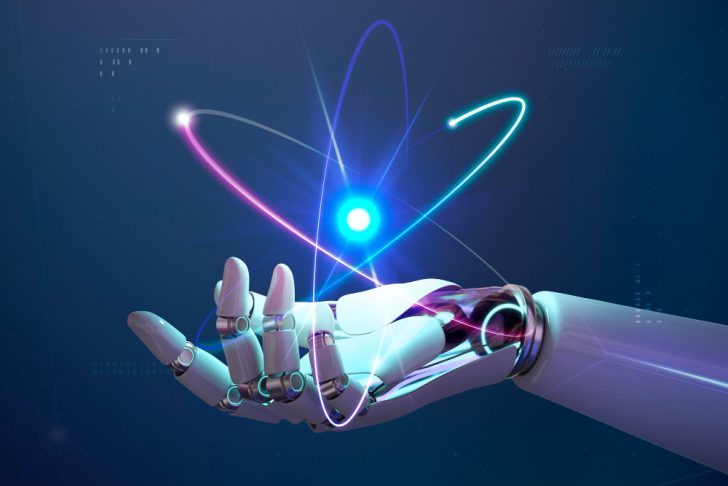The relentless advance of artificial intelligence has triggered both enthusiasm and unease in equal measure, particularly concerning its impact on the job market. So, what jobs will AI replace, and which ones are likely to remain secure? This ultimate guide will explore what you need to know.
What Jobs Will AI Replace?
Data Analysis and Reporting
AI's capability to process vast data at unprecedented speeds makes roles centered on data analysis and basic financial reporting highly susceptible to automation. AI performs these tasks with enhanced accuracy and efficiency, overshadowing the slower, error-prone human effort.

Campaign Creators | Unsplash | AI performs data analysis tasks with enhanced accuracy and efficiency, overshadowing the slower, error-prone human effort.
Customer Service
The realm of customer service is witnessing a paradigm shift, with AI-powered chatbots and virtual assistants increasingly handling routine inquiries. This automation not only streamlines operations but also significantly reduces costs, making AI an attractive alternative for businesses looking to optimize customer interactions.
Media and Marketing
In the media and marketing sectors, AI-powered tools are now capable of generating content, from drafting press releases to creating compelling marketing narratives. The sophistication of AI in these areas is reshaping how content is produced and distributed.
Legal Document Review
In the legal field, AI assists with document review and due diligence more efficiently and with fewer errors than humans. This has reduced the demand for legal professionals in heavily administrative roles.
White-Collar Jobs Less Likely to Be Replaced by AI
Therapy and Counseling
Jobs that require a significant emotional or social component, such as therapists and counselors, rely on human empathy and understanding, which AI cannot replicate. These professions demand a deep interpersonal connection that AI is currently unable to mimic.

Cottonbro studio | Pexels | Therapy and counseling roles demand a deep interpersonal connection that AI is currently unable to mimic.
High-Level Business Decision Making
Senior executives and management consultants make complex decisions involving strategic advice and nuanced negotiations. These roles require a high degree of human interaction and problem-solving, areas where AI still falls short.
Legal Negotiations and Court Appearances
While some aspects of legal work may be automated, more nuanced tasks like arguing in court or negotiating settlements still require the human element, preserving the need for skilled attorneys.
Human Resources and Conflict Resolution
While AI can handle operational tasks such as processing payroll or benefits administration, managing interpersonal employee relations and conflict resolution still require human skills. These aspects of human resources demand empathy and a deep understanding of human behavior.
Creative Professions
Initially thought to be immune, creative fields are also feeling the competitive pressure from AI. High-quality AI-generated art, music, and designs are becoming more common. However, the emotional depth and unique creativity provided by human artists continue to be highly valued.
The Most Vulnerable and Impacted Professions
Routine Administrative Tasks
Jobs that involve repetitive and predictable tasks, such as scheduling and certain administrative duties, are increasingly automated by AI, which can perform these functions more efficiently than humans.
Basic Bookkeeping
AI applications in bookkeeping have automated many of the routine processes, reducing the need for human intervention in day-to-day accounting tasks.
AI and the Future of Hiring
With economic uncertainties and strategic business transformations, some companies are adopting a cautious approach to hiring, increasingly relying on AI to manage tasks traditionally performed by humans. Tech leaders highlight this trend, emphasizing optimizing AI strategies while maintaining minimal workforce growth.

rawpixel.com | Freepik | Companies are increasingly relying on AI to manage tasks traditionally performed by humans.
Upskilling in an AI-Dominated World
Adaptability is crucial for those concerned about AI's impact on their careers. Continuous education and acquiring new skills can make individuals more resilient and versatile, positioning them favorably in an AI-augmented job market.

